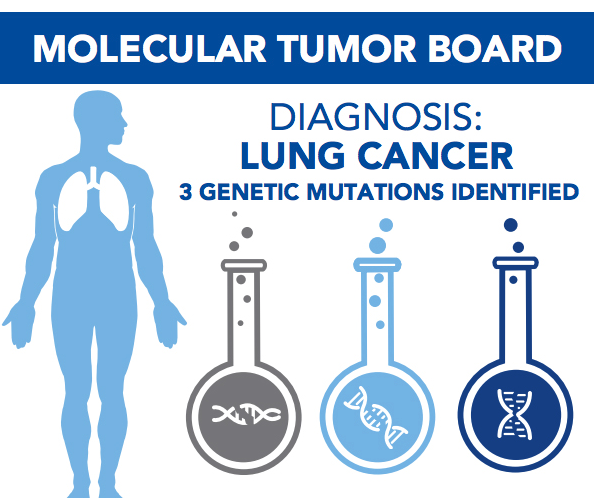Biography
As an attending on Moffitt’s Personalized Medicine Clinical Service Dr. Knepper’s clinical focus is on the utilization of genomic technologies to optimize treatment for patients with solid and hematologic malignancies. Dr. Knepper’s research focus is translating cancer genomics towards advancing the understanding of cancer treatment and biology, with a particular interest in rare malignancies. Prior to his current role Dr. Knepper was the inaugural Personalized Cancer Medicine Fellow at Moffitt Cancer Center and graduated from the University of North Carolina – Eshelman School of Pharmacy as a Joe Hollingsworth Scholar. At Moffitt, he has been integral in the creation and development of the molecular tumor board. He has also gained regulatory experience as an ORISE fellow at the US FDA, embedded with the Genomics and Targeted Therapy group and interacting with the Office of Hematology and Oncology Products. He has published in the Journal of Clinical Oncology, Blood, and Nature.
Session Abstract – PMWC 2020 Silicon Valley
The Molecular Tumor Board (MTB) was mostly established to facilitate the incorporation of molecular diagnostics into the consideration of appropriate therapies for patients with late stage cancer. Initially, much of the deliberation was focused on understanding the results of such testing, as reporting of results was limited in scope and frequently understandable only to cutting edge experts in the field. Improved, but still not perfect, reporting now exists, so discussion has shifted to prognostic and therapeutic considerations. That said, the collective experience with rare mutations and off label therapies is still such that collective wisdom is necessary. This brings up the issue of how MTBs collect, share, and preserve data within a specific MTB, and perhaps more importantly, how it might be shared amongst MTBs and beyond. While initial activity related to MTBs resided almost exclusively in large academic, and select community, medical centers, there is now significant effort in the commercial setting as well, with a number of intriguing efforts presently underway. Important and evolving issues, such as defining which patients are most likely to benefit from the efforts of a MTB, Virtual MTBs, and the generation of Real World Evidence, will be discussed.









